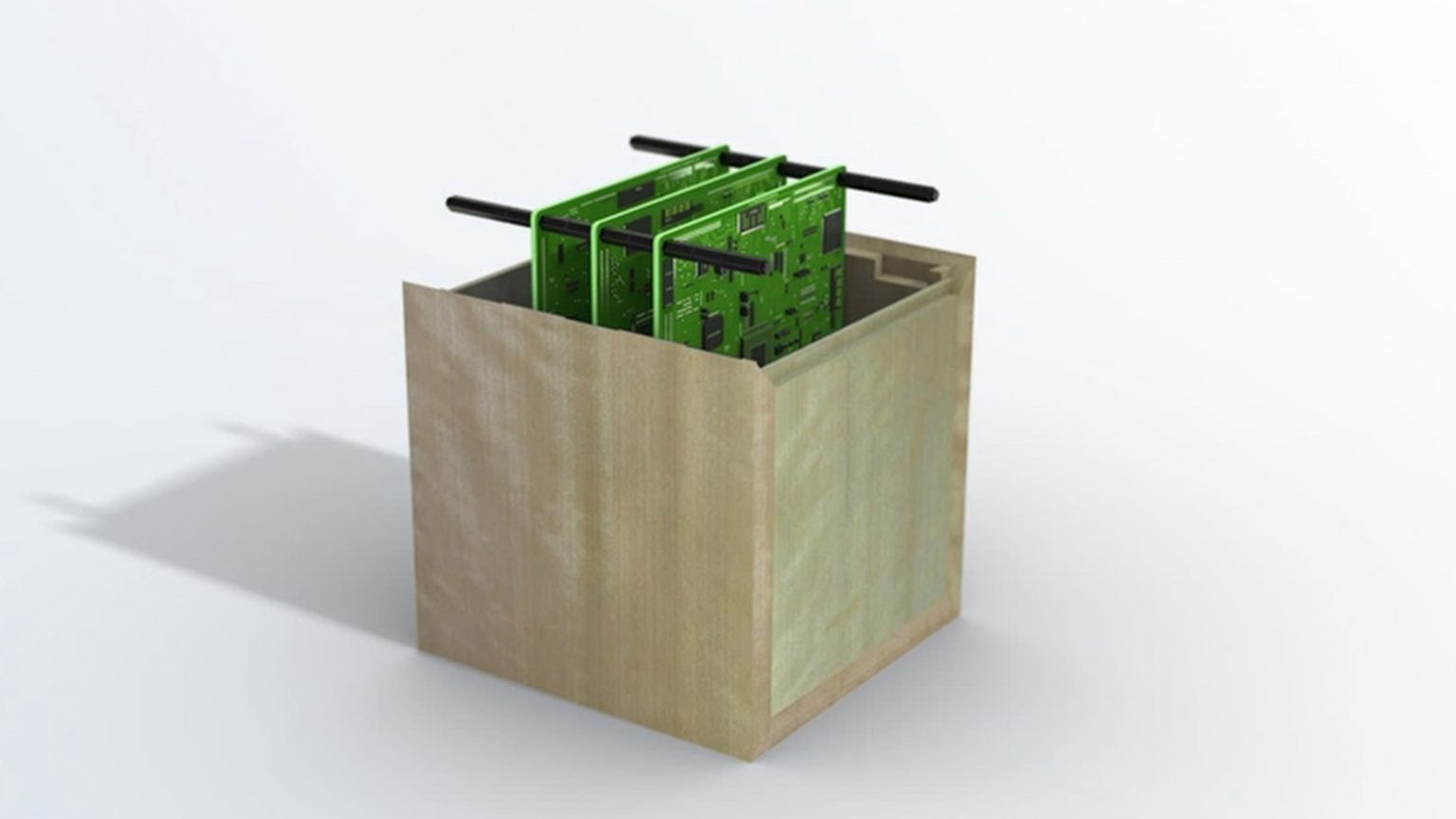Researchers at Kyoto University are developing a unique satellite: the unit designed to burn up completely at the end of its life may play a key role in reducing the amount of human-made waste floating in space.
LignoSat could be a product of the not-so-far future: according to plans, the structure with a shell made of timber will be launched already in 2023, developed by the researchers of the university in collaboration with Japanese logging company Sumimoto Forestry. The greatness of the satellite lies in the fact that it will burn up completely once it re-enters the Earth’s atmosphere at the end of its life, thus it does not leave any waste behind in space, nor does it leave small particles of aluminum oxide in the upper atmosphere, as opposed to its metal-clad peers. The impact of these particles has not been confirmed, but researchers believe that they could play a role in depleting the ozone layer.

Researcher Takao Doi and his team are now testing how the wooden cover reacts when exposed to sunlight, extreme changes in temperature and radiation. If the material withstands these tests, the minimalist-looking satellite evoking a wooden box could be completed, the development of which will also have a great impact on life on Earth, as the experience gathered in the course of its development can also be put to use in building durable cabins.
Source: dezeen

Tarot cards through the eyes of Romanian illustrators

Eco-conscious and transparent | noo.ma










